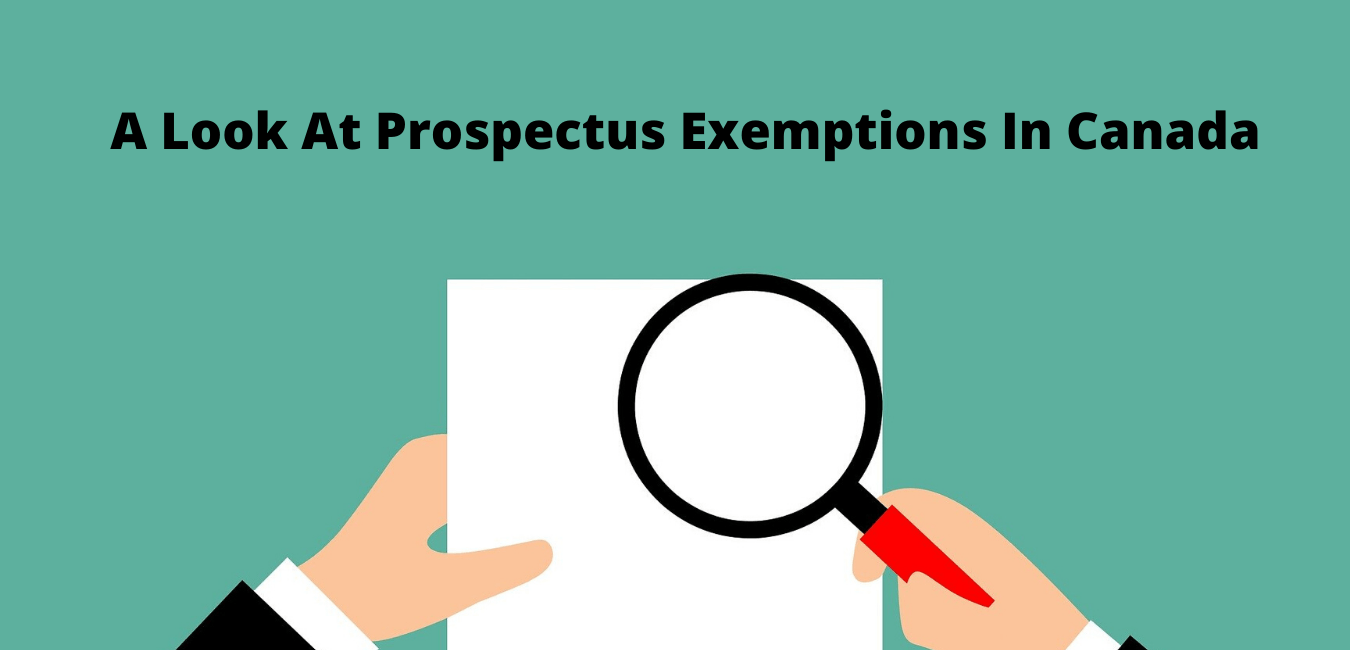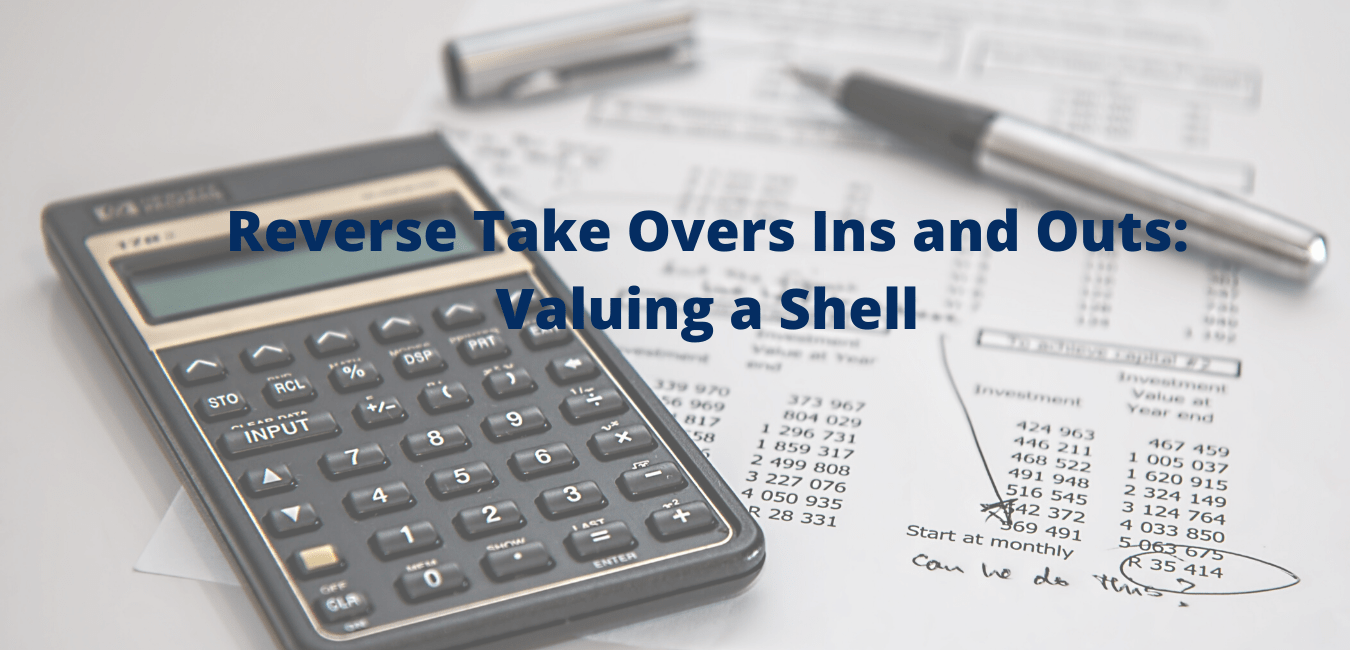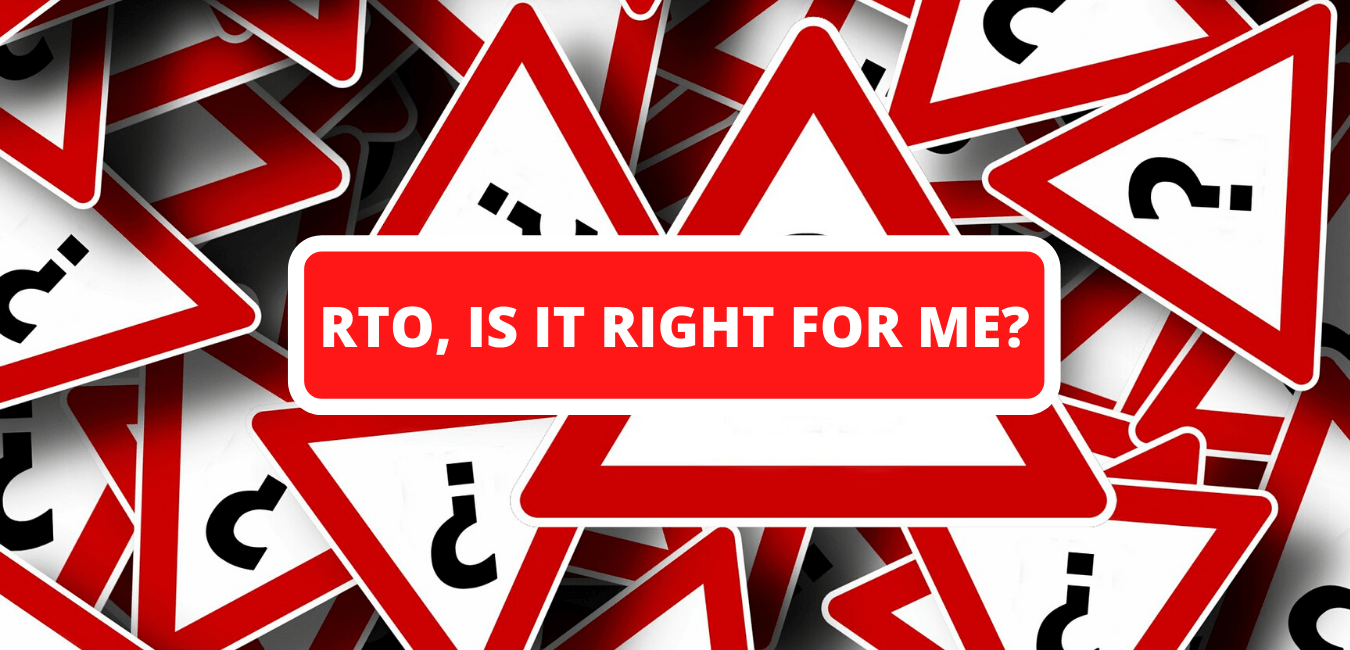Many start-ups and SMEs access the ‘exempt market’ in order to raise capital on a cost effective basis. Securities of these issuers are offered pursuant to any one of the exemptions under National Instrument 45-106 from the prospectus requirements of applicable securities laws. Such exemptions relieve companies from the requirement to file a prospectus. When relying on any such exemptions, the securities offered are generally referred to as ‘exempt securities’ and the transactions are commonly referred to as ‘exempt market transactions’.
The requirement to file a prospectus, while providing prospective investors with ‘full true and plain disclosure’ regarding the business of the issuer and the terms of its securities and certain remedies for misrepresentations in that disclosure, is a time consuming and expensive process. The process acts as a real barrier to start-ups and SMEs with limited capital. Moreover, once the regulators clear a prospectus, the issuer becomes a ‘reporting issuer’.
Reporting issuers, also referred to as public companies, are subject to added costs relating to compliance with ongoing continuous disclosure requirements.
Thankfully, start-ups and SMEs are able to rely on various exemptions, the most commonly used are summarized below.
Accredited Investor Exemption
In all jurisdictions in Canada an investor may purchase exempt securities if the investor is an ‘accredited investor’ and purchases as a principal. An ‘accredited investor’ is defined in National Instrument 45-106 and is essentially an investor that meets certain minimum income or wealth criteria and can include individuals, corporations, trusts, investment funds and other types of legal entities.
For example, for an individual person to qualify as an ‘accredited investor’ they must generally meet one of the following criteria: (i) annual net income of at least $200,000 for the last two years (or $300,000 if combined with their spouse); (ii) net assets of at least $5,000,000, either alone or combined with their spouse; or (iii) net financial assets (i.e. cash, securities, insurance, deposits but not including an investor’s personal residence or other real estate) of more than $1,000,000, either alone or combined with their spouse.
A subscription agreement that an investor is asked to sign should properly include a more detailed description for ‘accredited investor’ and requires the investor relying on this exemption to certify that he or she meets at least one of the ‘accredited investor’ criteria.
While the issuer may rely in part on this certification, the issuer may not sell an exempt security if it has reason to believe that the certification may be false, the investor does not fully appreciate the components of the accredited investor definition, or the issuer does not have sufficient information to determine if the investor qualifies an accredited investor.
Offering Memorandum Exemption
In British Columbia, New Brunswick, Nova Scotia, Newfoundland and Labrador, an investor may purchase exempt securities if, before or at the time the investor signs a subscription agreement, the investor receives a prescribed form of offering memorandum and signs a risk acknowledgment form.
In Alberta, Manitoba, Northwest Territories, Nunavut, Prince Edward Island, Quebec and Saskatchewan, an investor, provided he or she is either an ‘eligible investor’ (see below) or the cash acquisition cost to that investor does not exceed $10,000, may purchase exempt securities if, before or at the time the investor signs a subscription agreement, the investor receives a prescribed form of offering memorandum and signs a risk acknowledgment form.
An ‘eligible investor’ is defined in National Instrument 45-106 and is essentially an investor that meets certain minimum income or wealth criteria and can include individuals, corporations, trusts, investment funds and other types of legal entities. For example, for an individual person to qualify as an ‘eligible investor’ they must generally meet one of the following criteria (i) annual net income of at least $75,000 for the last two years (or $125,000 if combined with their spouse); or (ii) net assets of at least $400,000, either alone or combined with their spouse.
While the offering memorandum is not pre-cleared with any securities regulator, it must follow the prescribed form set out in National Instrument 45-106. Moreover, the offering memorandum must generally be filed with securities regulators in all provinces where investors who subscribe under this exemption reside. In some jurisdictions, the offering memorandum is made available publicly; while in others, it is not.
For issuers interested in accessing capital in Ontario, it is important to appreciate that the Offering Memorandum Exemption is currently not available in Ontario. Nevertheless, on March 20, 2014, the Ontario Securities Commission (OSC) requested comment on a proposal to add its own form of Offering Memorandum Exemption based on the exemption widely used in all other provinces but with important differences. Please refer to our article “OSC Proposes New Prospectus Exemptions” for details, and stay tuned for further updates.
Minimum Amount Investor Exemption
In all jurisdictions in Canada, an investor may purchase exempt securities, as principal, having a minimum cash acquisition cost of $150,000.
Existing Securityholder Exemption
On March 13, 2014, all securities regulators in Canada, other than Ontario and Newfoundland and Labrador, adopted a prospectus exemption that provides an opportunity for issuers on Canadian stock exchanges such as the CSE to raise capital through an offering to existing shareholders who may not qualify under other commonly used exemptions like the “accredited investor” exemption.
The introduction of the Existing Securityholder Exemption significantly expands opportunities for non accredited retail investors to participate in Canada’s robust exempt market thereby allowing these investors to acquire stock at discounted prices that up to now were only available to “accredited investors”, as well as save on other costs normally associated with buying stock on the secondary market. Non-accredited retail investors will also be able to acquire exercisable warrants that are often included in private placement offerings.
A listed issuer need not undertake a time-consuming and expensive prospectus offering and the Existing Securityholder Exemption may be relied upon for an offering of securities of its own issue provided the following conditions are met:
• The issuer must have a class of securities listed on a recognized stock exchange including the CSE in order to qualify.
• The offering can consist only of a class of listed equity securities, or units consisting of the listed security coupled with a warrant to acquire that
listed security, and any securities issued will be subject to the customary four month hold period.
• The issuer must have filed all timely and periodic disclosure documents as required under applicable securities laws.
• The issuer must issue and file an offering news release which includes reasonable detail of the proposed distribution and proposed use of proceeds.
• The offering is made to all persons who, as of the record date, held a listed security of the same class or series as the listed security offered. The record date must be at least one day prior to the day an issuer issues an offering news release.
• The subscription agreement between the issuer and investor must contain contractual rights of action for misrepresentations in the issuer’s continuous disclosure record.
• The aggregate amount an investor may invest in a 12 month period under the exemption cannot exceed $15,000 unless suitability advice from a registered investment dealer is obtained.
For listed issuers interested in accessing capital in Ontario, it is important to note that the Existing Security holder Exemption, like the Offering Memorandum Exemption, is currently not available in Ontario. Nevertheless, the OSC has requested comment on a proposal to add its own form of Existing Security Exemption based on the exemption available in all other provinces except Newfoundland and Labrador with certain differences.
Please refer to our article “OSC Proposes New Prospectus Exemptions” for details, and stay tuned for further updates.
Friends, Family and Business Associates Exemption
In all jurisdictions in Canada, other than Ontario, there is an exemption available to friends, family and business associates of the issuer and its insiders. Under this exemption, exempt securities may be sold to directors, executive officers and control persons of the issuer or affiliates of the issuer, as well as to certain relatives of those persons. Importantly, the exemption is also available to close personal friends and close business associates of the directors, executive officers and control persons. The onus is on the issuer to define what constitutes a personal close friend or close business associate in the circumstances.
In relying on this exemption, it is important that no insiders receive commissions or fees relating to the subscriptions. Also, in Saskatchewan, there is an additional requirement in certain circumstances to obtain a risk acknowledgment form at the time of subscription.
In Ontario, there is a proposal to adopt a similar friends, family and business associates exemption which would expand on the more restrictive exemption currently available in Ontario limited to founders, control persons and certain relatives of directors, executive officers and founders. Please refer to our article “OSC Proposes New Prospectus Exemptions” for details, and stay tuned for further updates.
Private Issuer Exemption
In all jurisdictions in Canada, ‘private issuers’ are qualified to sell exempt securities to an enumerated list of qualified investors. That list of investors includes all individuals otherwise qualified under the friends, family and business associates exemption referred to above but also includes securityholders of the issuer, accredited investors and other persons that are not the public. Importantly, no commissions or fees may be paid to insiders relating to subscriptions from qualified investors who are qualified by virtue of ‘accredited investor’ status.
In order to qualify as a ‘private issuer’, the issuer must not be a reporting issuer (i.e. not a public company) or an investment fund. Also, the articles, by-laws or any shareholders’ agreement relating to the issuer must provide for restrictions on transfer and there may not be more than 50 beneficial securityholders (except for employees or former employees of the issuer or its affiliates.)
Crowdfunding Exemption
Currently, no jurisdiction in Canada offers a crowdfunding exemption but many provincial regulators have recently issued proposals for such an exemption.
Please refer to our article “OSC Proposes New Prospectus Exemptions” for details, and stay tuned for further updates.
On December 6, 2013, the Saskatchewan securities regulator implemented an exemption based on crowdfunding but limited to start-up companies and small businesses. While this start-up exemption provides for less onerous requirements than envisioned under the crowdfunding proposals referenced above, it provides for relatively low limits on both the start-up’s offering size and the amount an investor may invest.
Reports of Trade and Other Filings
There are various detailed filing and reporting rules to follow depending on which exemption is relied upon and which jurisdiction is relevant for purposes of a particular investment.
Generally, the relevant provincial regulator is the one where a particular investor resides, so in an offering made to investors in multiple provinces, it is important to comply with multiple reporting requirements in the different provinces.
Moreover, some exemptions require the filing of a report of trade and the payment of corresponding fees (e.g. accredited investor); while others do not (e.g. private issuer). And so, it is important to seek counsel to ensure that the appropriate category is relied on and to comply in the timelines required with all relevant reporting and fee requirements.
Registration Exemptions
The foregoing discussion is limited to circumstances in which an issuer may be exempt for the requirement to file a prospectus. It should be noted that under National Instrument 31-103 and other applicable securities laws and policies, issuers and others may be required to register including as an exempt market dealer. If an issuer or its promoters are in the business of trading in securities or holds himself, herself or itself out as engaging in the business of trading securities, they would be required to register under this National Instrument. It is important for issuers and their principals to seek counsel to ensure that in accessing the exempt markets, they are not inadvertently conducting registrable activities without either being registered or relying on an exemption from registration.
This article is a general discussion of certain legal and related developments and should not be relied upon as legal advice. If you require legal advice, we would be pleased to discuss the issues in this article with you, in the context of your particular circumstances.
Steve Cohen
is a securities lawyer based in Toronto and is a member of Acuity Corporate Securities Lawyers. His practice focuses on all aspects of corporate securities law, with particular emphasis on mergers and acquisitions and corporate finance. Feel free to email him at steve@acuitylaw.ca
.

Since 2005 ITB Solutions has provided listings development services to stock Exchanges in Canada such as the Canadian Securities Exchange. ITB Solutions currently provides New Listing Services to the NEO Exchange. We assist companies with the listing application and managing the process to become publicly tradable in Canada, as well as offering advice on how to make the most of your public listing. You can reach Jeffrey Stanger at 647-500-0492 or by email at jeffrey@itbsolutions.ca









